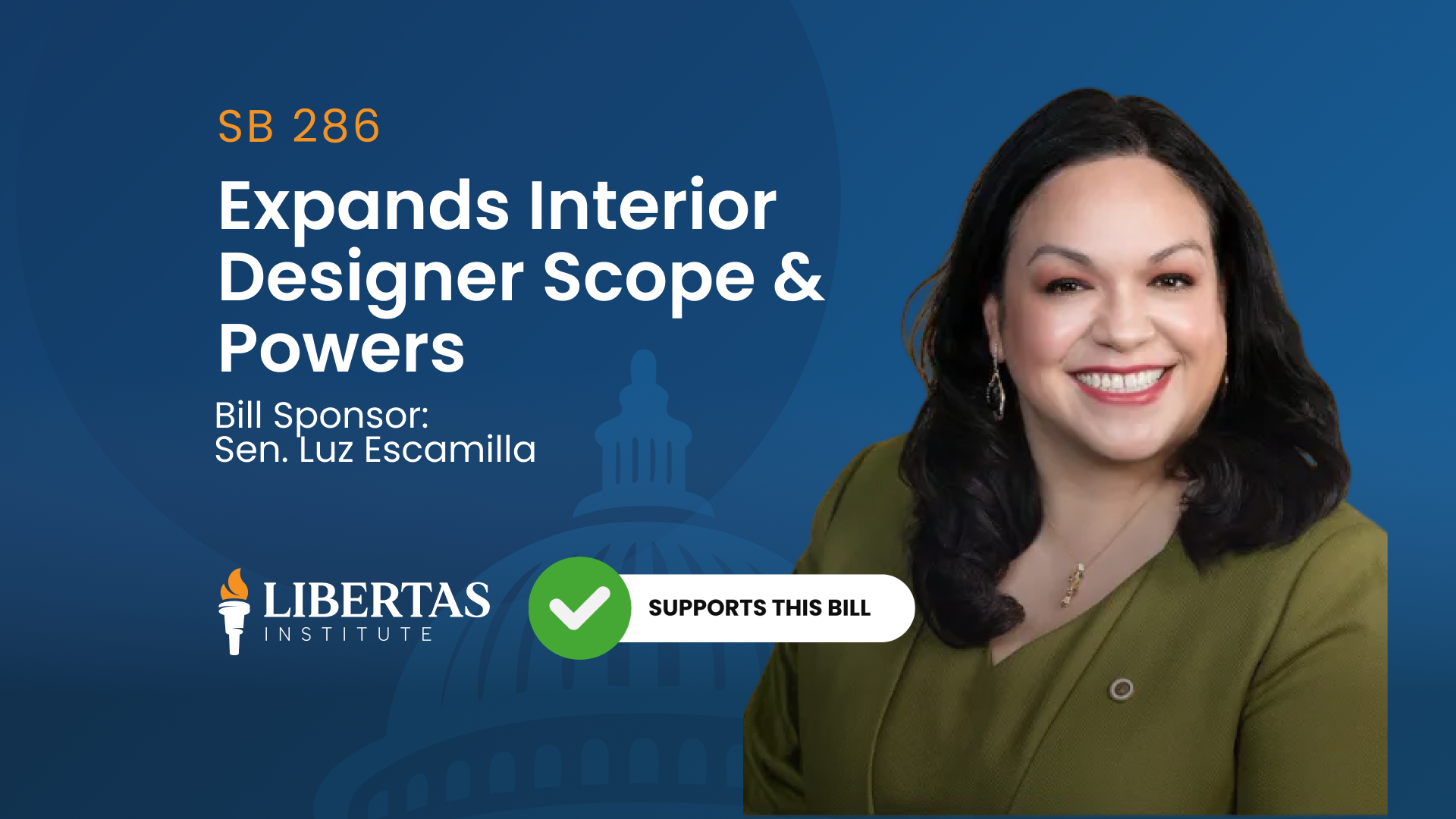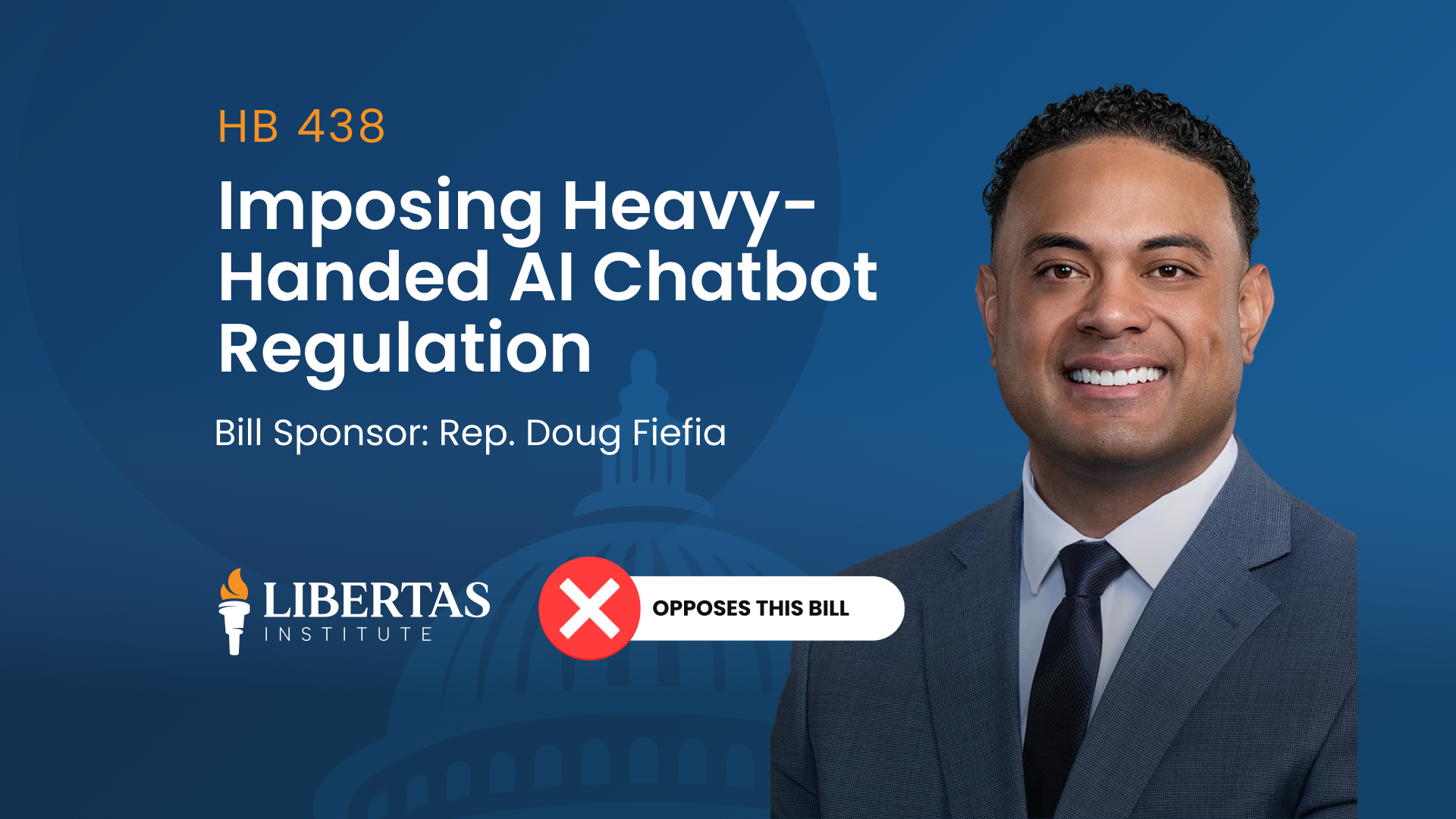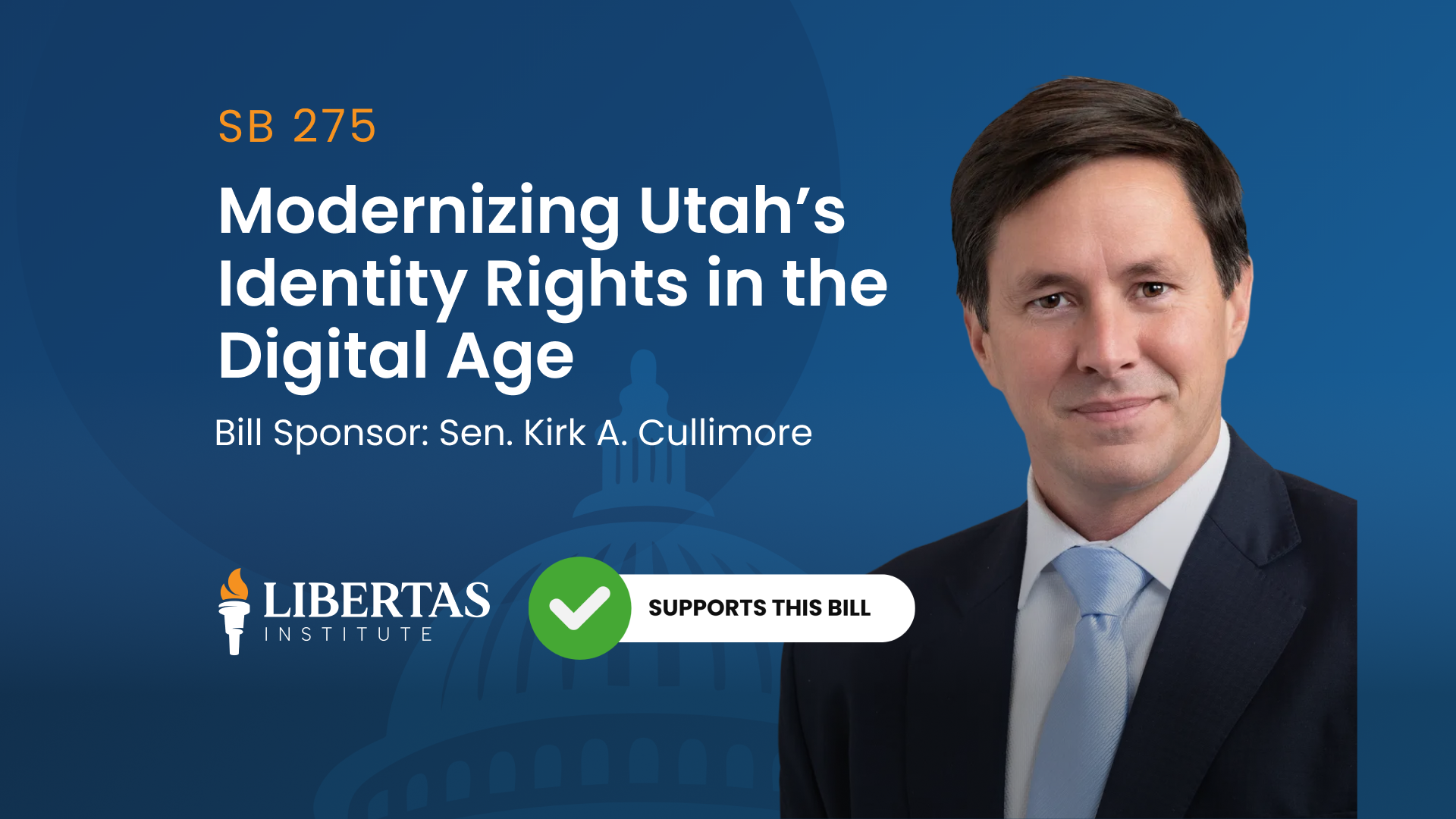This bill was not considered by the legislature.
Libertas Institute supports this bill.
State employees hired to administer the laws established by the legislature often lobby Senators and Representatives to give them more tax revenue, increase their power, or expand the scope of their authority. This practice would begin to end under House Bill 197, sponsored by Representative Marc Roberts.
The bill focuses only on state employees within the executive branch, when acting within the scope of the individual’s employment; unfortunately, it does not limit the lobbying ability of county or city employees.
HB197 also allows such individuals to request legislation to be sponsored, testify before committee, or answer questions asked by a legislator. The bill also prohibits state entities from taking public stances on bills being considered by the legislation.
These employees are hired—and paid by taxpayers—to administer the laws, not influence them. Too often, at present, these individuals push an agenda on Capitol hill and try to kill legislation that might alter their practice, reduce their authority, or require them to do something they desire not to. This practice should end, and this bill is a good step in the right direction.




